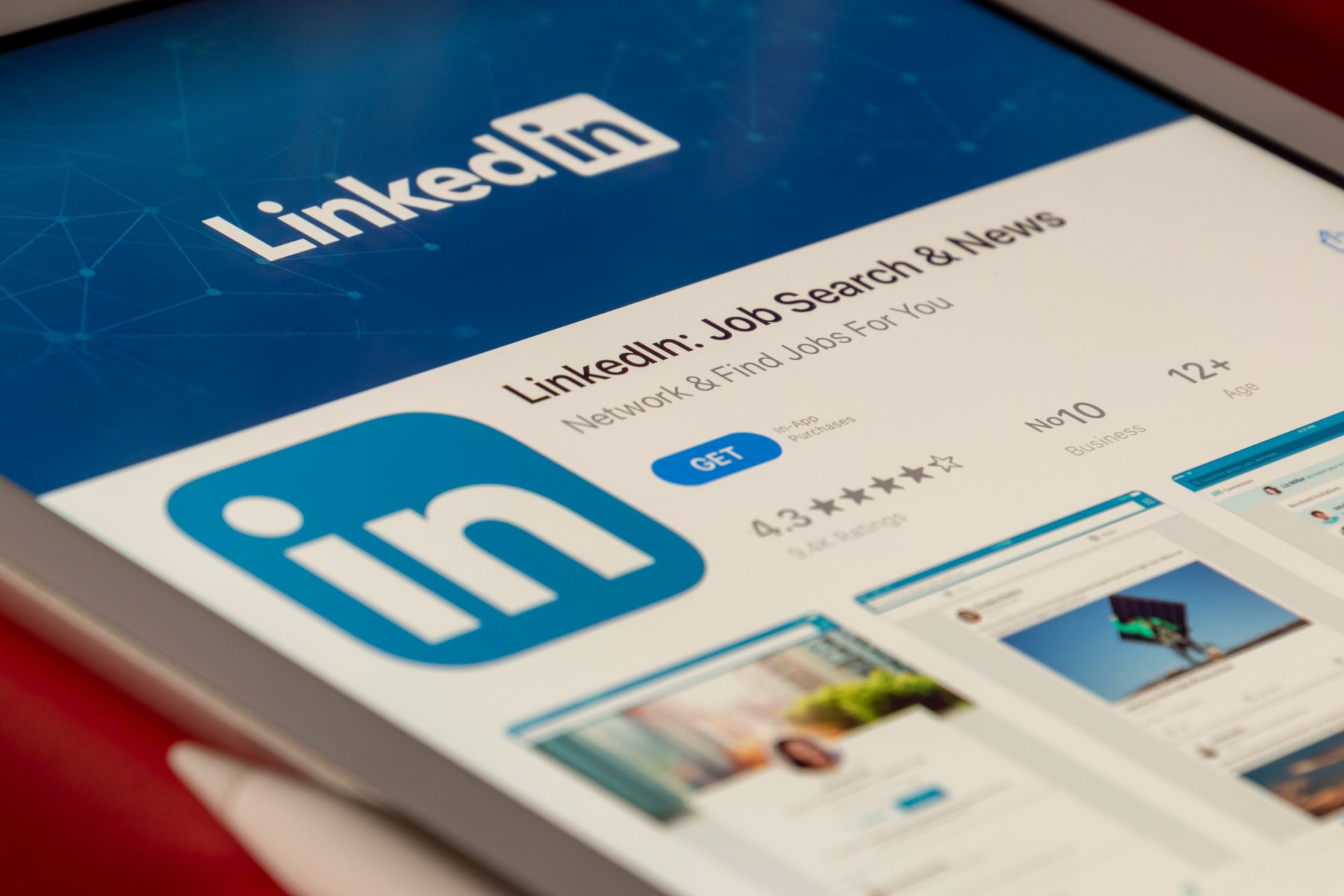I was having some drinks with friends by the sea last summer when I was approached by someone I knew by reputation alone.
“You’re the guy who posts about 4-day weeks – I’d love to meet for a coffee to see how we can work together, because I feel that our corporate cultures are a perfect match.”
We followed up with each other the following day and met for a coffee a week later. A few months later we started doing some work together.
I’m not a fan of stark warnings, but I’ll start this piece with one: Ignore LinkedIn at your own peril.
We learnt this lesson the hard way. As an agency, we felt that we’re too cool for LinkedIn, too cool to come up with a solid strategy for LinkedIn, one that had goals and a proper plan to execute to go with the strategy.
We couldn’t have been more wrong.
18 months ago we worked on a strategy for our agency, and for the most prominent members of our team, and set about executing it.
It was disheartening at first. We posted content and got crickets. Sometimes we’d get a like or two. Likes from our own colleagues. Not exactly encouraging.
But we persevered, and in a few weeks our content was getting more and more engagement. Some of our posts hit double digits in engagement and that seemed like a minor victory at the time.
So, we persevered more. LinkedIn became a central part of our content strategy. We posted regularly, posted with different tones of voice as humans, too, not only as a brand. Each member of the team that’s active on LinkedIn uses it in a way that matches their personal brand, not in a way that mimics ours.
Then there was the watershed moment.
I was out and that guy approached me to talk about my posts about the 4-day week. I was surprised. I knew that he was in my list of connections but I never saw him reacting to my content.
Then it dawned on me – no matter how obsessed we are with stats, there is always a good percentage of people who will interact with your content privately. They’ll consume it, they’ll read it, they’ll internalise it, but they will not comment or engage with it in any way that you can trace back to them.
And it dawned on me that I behave like that too, I consume much more content than I interact with.
No. This is not a story to tell you to interact with content more. It would be nice if we all did, however that’s not the point here. The point is that sometimes you should just persevere with consistency and you’ll see results that you could not have imagined.
Over the past six months this has started happening far more often.
People come to us because they realise that we’re a good cultural match for their business. Others recommended us to their colleagues when someone asked about B2B marketing (since that’s the area we tend to focus our communications on).
It started slowly, but the effects grew as we persevered. The work we were putting into LinkedIn (combined with the marketing content on our site and our newsletter) started paying for itself handsomely, and we constantly reap benefits from it.
And it’s not just us. We work with a few of our B2B clients to create content calendars for their brands and for their leadership teams, and the results show that the process is repeatable and yields results each and every time.
So go ahead and take LinkedIn seriously. Work on a consistent calendar, tell your story, keep at it and reap the benefits in a way that matches your goals… not only the financial ones, but your personal ones, too.
How to prioritise tasks when everything is important
Effective prioritisation can help establish the areas of focus that really matter.
Why active listening makes people better leaders
Being a good listener is considered among the most important leadership skills.
Leaders, what is your relationship with ‘rest’?
Understanding our attitudes and behaviours around rest can empower us to learn how to rest in a way that prevents ...
Say goodbye to your 60-hour work week
7 tips to stop business leaders from overworking.











